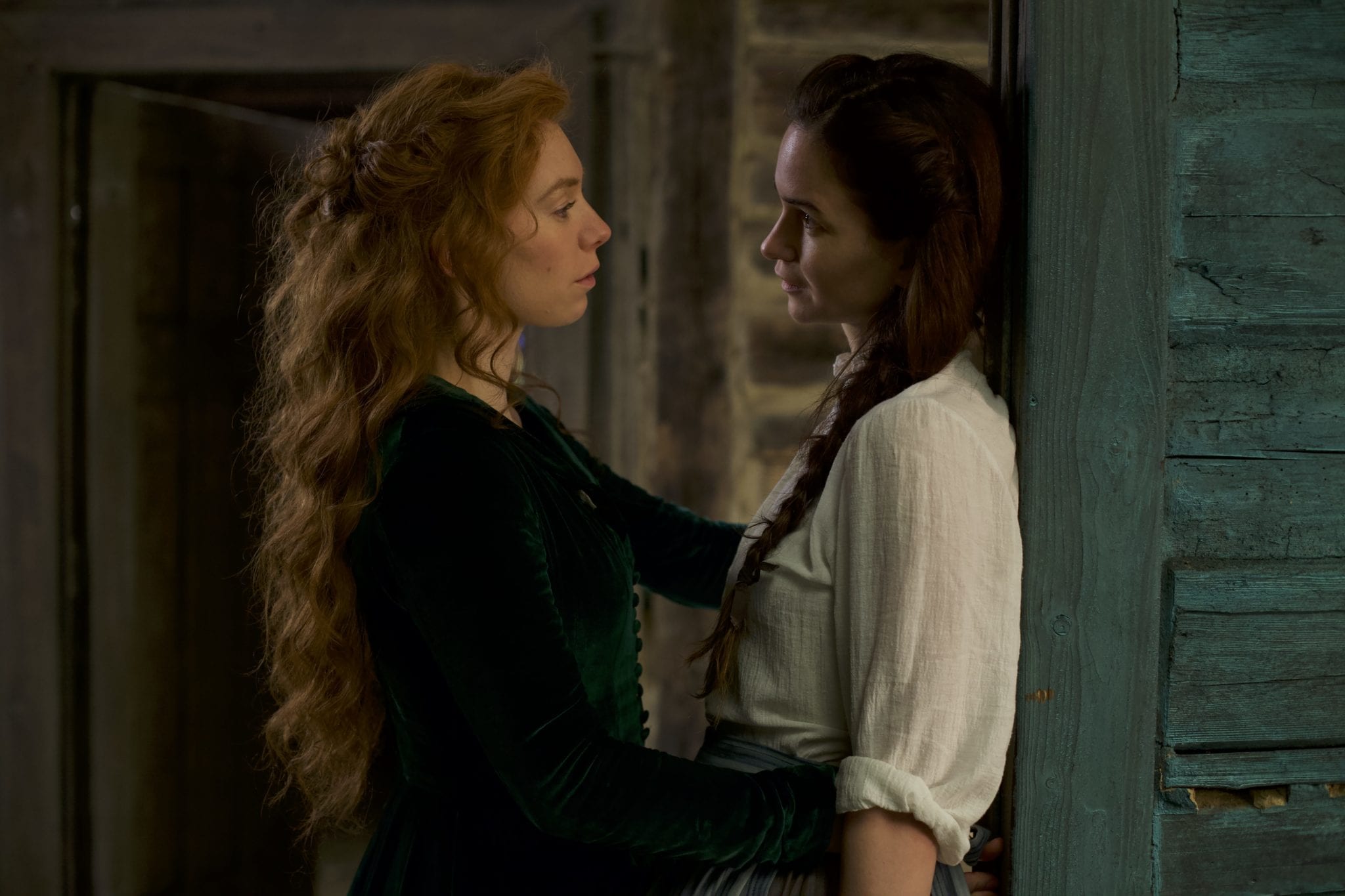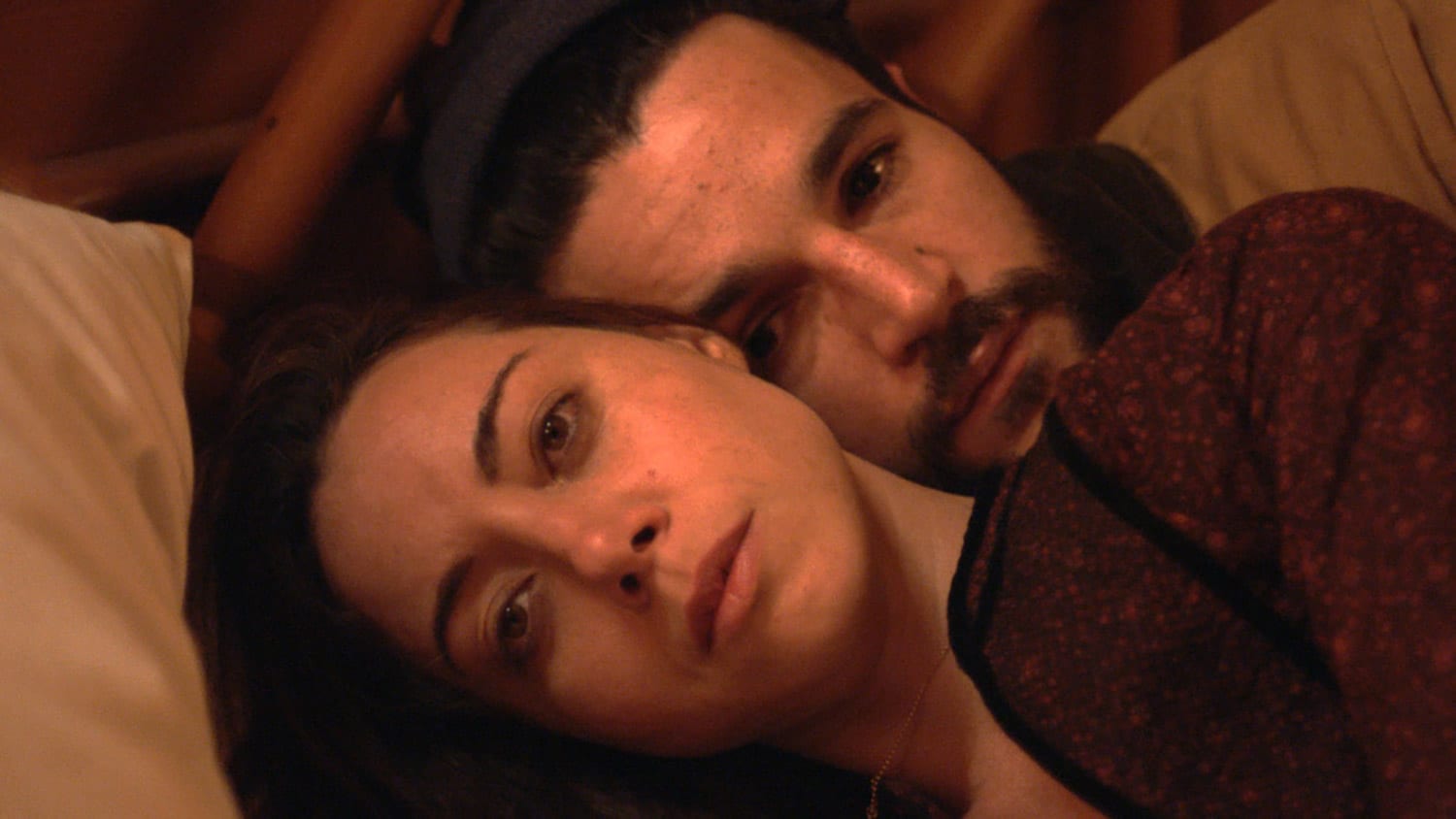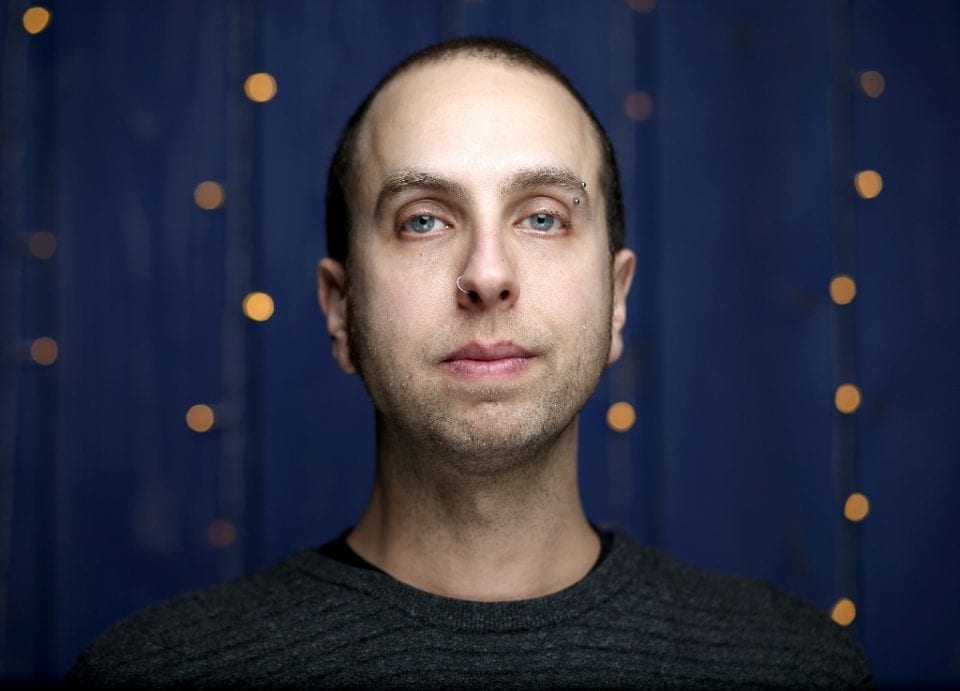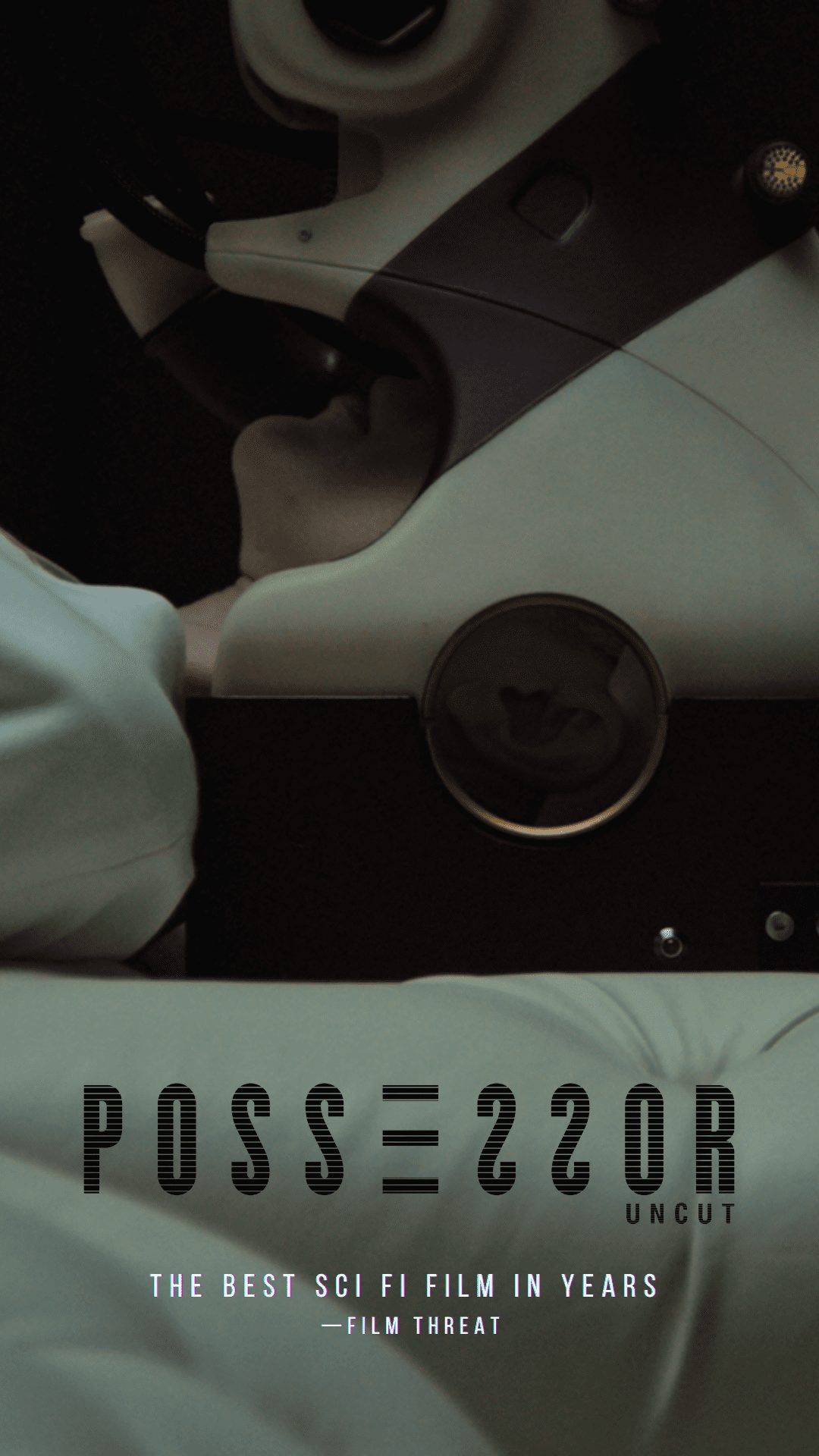
The World to Come: Isolation that Binds
I don?t find it surprising that I?ve watched this film as we hit the year mark of when the world shut down. Suddenly, we all were thrust into immediate isolation within our homes ? away from our jobs, families, social circles, etc. ? in a time of crisis, fear, and unpredictability. Suddenly, people around us…




